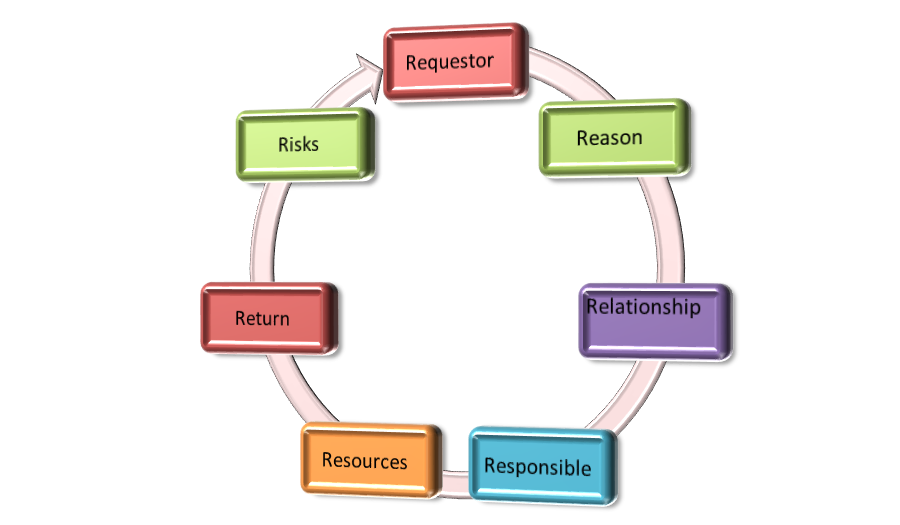Chichester is a well-known cathedral city located in West Sussex, in South-East England. It is the one and only city situated in West Sussex and is its county town. It had a long history as a settlement from Roman times and was significant in Anglo-Saxon times. With a 12th-century cathedral, it is the seat of a bishopric and is home to some of the oldest building and churches of Great Britain.
Roman period
During Roman Invasion in 43 AD, the area around Chichester played a significant role as confirmed by military storage structure evidence. City centre lies on a foundation of Romano-British city of Noviomagus Reginorum, which is a capital of Civitas Reginoru.
The Roman road of Stane Street, linking this city with London, begins from the east gate, while the road from Chichester to Silchester road begins from the north gate. The city’s plan is taken from the Romans: the North, South, East and West shopping streets originates from the central market.
Governance
Regarding local government in England, Chichester is a civil parish, has got city’s status, and is one of seven so designated, the others being Ely, Ripon, Hereford, Truro, Salisbury, and Wells. The Council of city consists of 24 elected members serving four wards– North, South, East, and West.
Main Tourist Attractions:
Chichester Cathedral, was founded in the 11th century, is completely dedicated to the Holy Trinity and contains a shrine to Saint Richard of Chichester. Its spire was built by the weak local stone, collapsed and so, it was rebuilt in the 19th century. In the south passageway of the cathedral, a panel made up of glass on the floor gives you a view of the remains of a Roman mosaic pavement.

 ENQUIRE
ENQUIRE
 REQUEST CALLBACK
REQUEST CALLBACK
 GET A FREE QUOTE
GET A FREE QUOTE


 Introduction
Introduction Course Details
Course Details Course Content
Course Content





 London
London